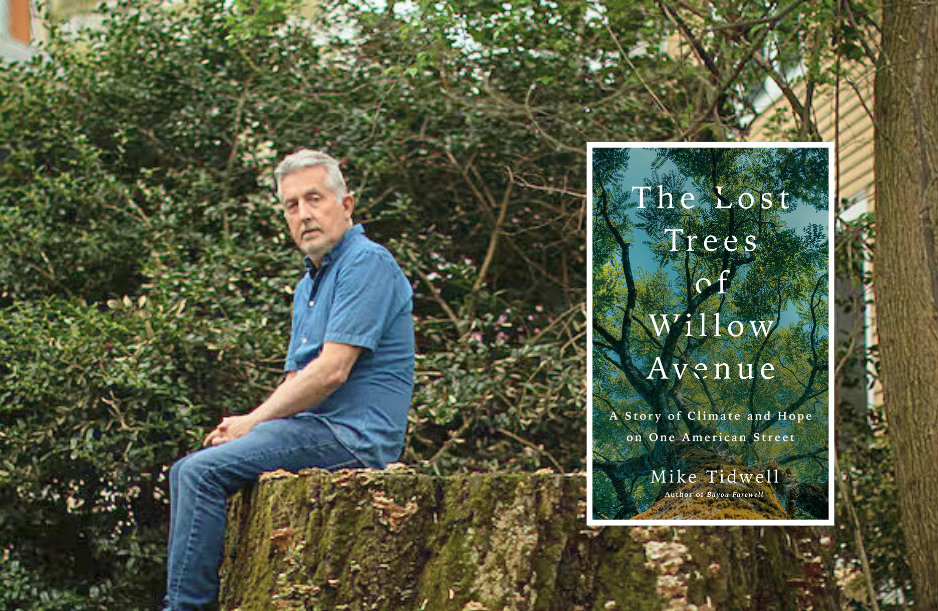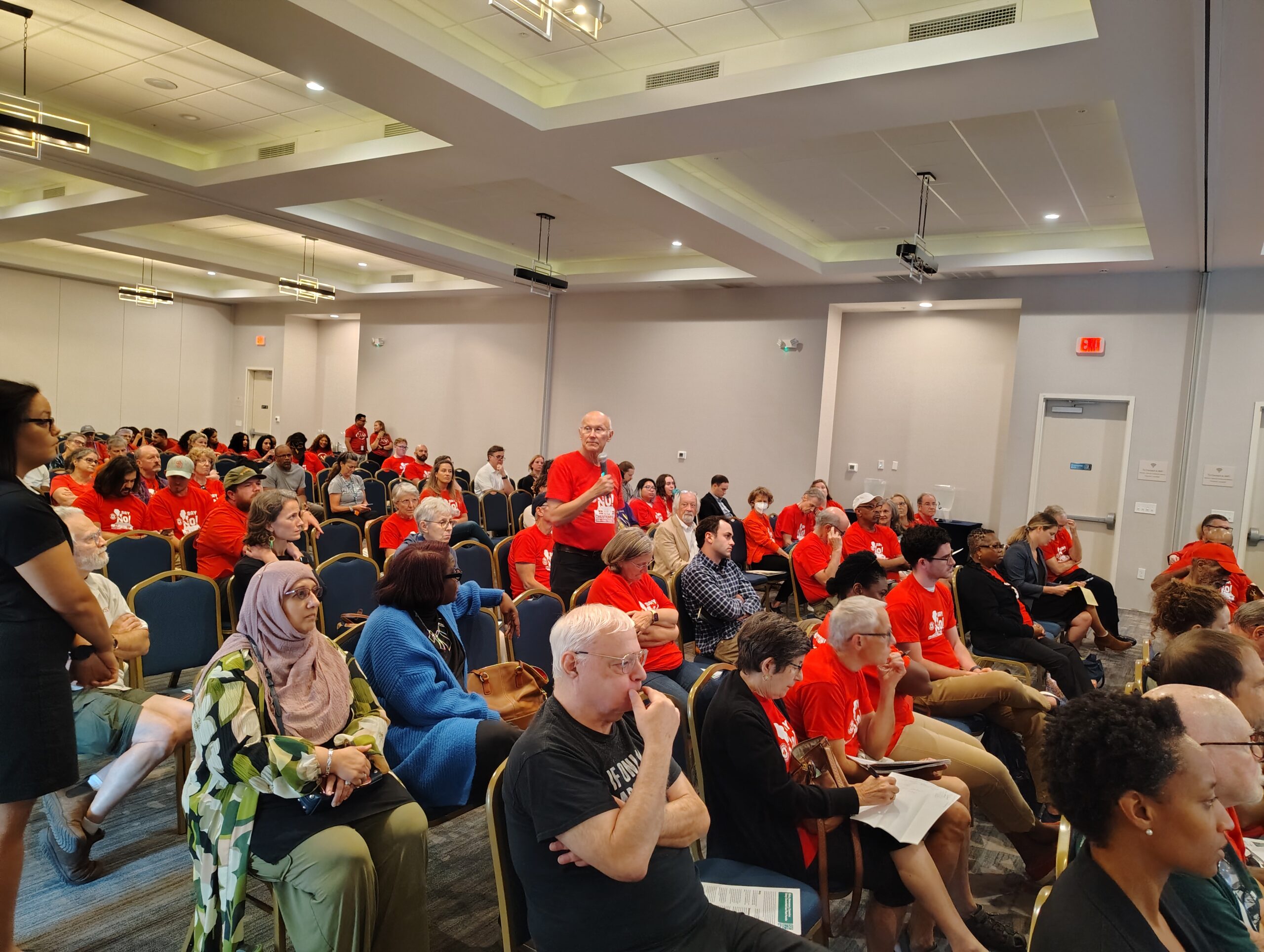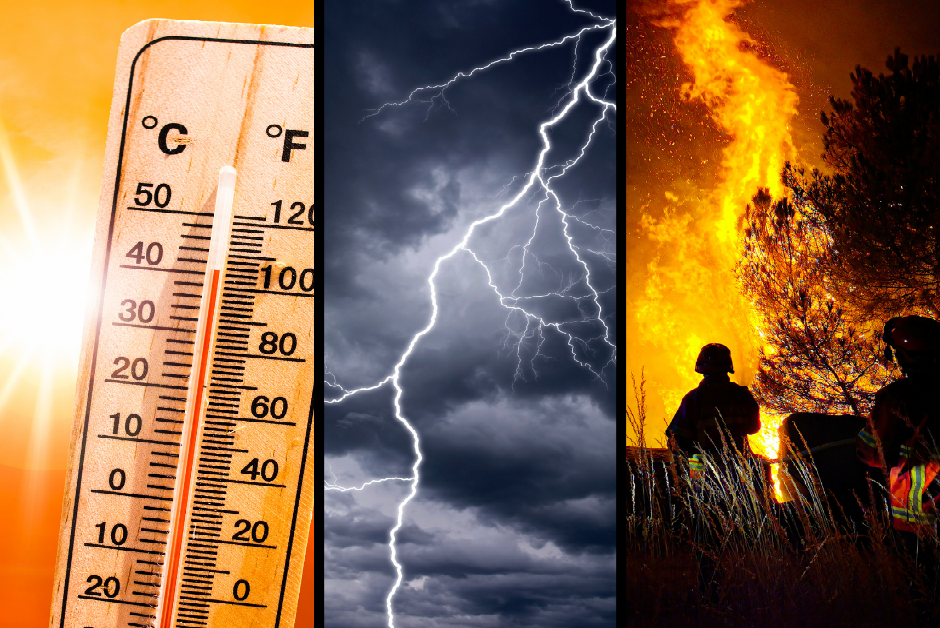Interview with Deborah Kalb on her book blog, Book Q&As with Deborah Kalb
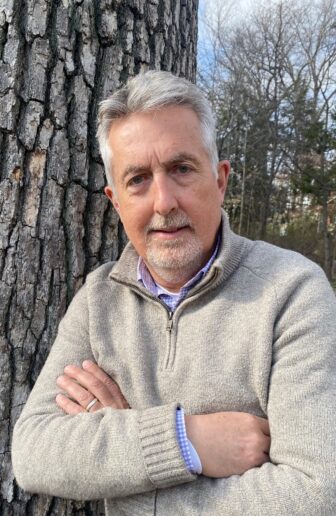 Mike Tidwell is the author of the new book The Lost Trees of Willow Avenue: A Story of Climate and Hope on One American Street. His other books include Bayou Farewell. He lives in Takoma Park, Maryland.
Mike Tidwell is the author of the new book The Lost Trees of Willow Avenue: A Story of Climate and Hope on One American Street. His other books include Bayou Farewell. He lives in Takoma Park, Maryland.
Q: Why did you decide to write The Lost Trees of Willow Avenue?
A: To prove the point that climate change has gotten so bad you can now write an entire book about the terrifying impacts of extreme weather right outside your own front door! That’s mindboggling.
On my D.C.-area street, on the 7100 block of Willow Avenue in Maryland, we’ve lost four of our oldest trees – true giants – since 2019. The city arborist says it’s climate change, pointing to the recent mass mortality of oaks across the region. There’s also rampant flooding on my block and the terrifying spread of Lyme disease (mild winters no longer kill off the ticks).
The book is full of drama as I follow my neighbors – grieving over lost trees, many of them fearful for the future, but also determined to fight back. My neighbor Dorothy, a midwife, builds a geothermal heating system behind her house. Electric cars now roll up and down my street making that sound my neighbor Paula calls “the faint harmony of angels.”
Q: How was the book’s title chosen, and what does it signify for you?
A: First and foremost, this book is a love letter to trees, especially the old oak trees that once dominated my neighborhood. So the title seemed obvious.
One arborist told me, “Our native trees are no longer native. We’ve changed the climate – so now they are foreigners. And so they’re dying.” They’re dying from record rainfall and extreme winds, and intermittent sharp droughts. The loss is unbearable.
Trees are such miracles. They talk to each other. They store knowledge. They tell time. They sleep. They feel pain. They provide countless services to humans, boosting our immune systems, giving us a sense of spiritual and emotional well-being. Now these trees are dying on my street – and yours. Their death is a warning: We humans could soon be foreigners too on this planet!
Q: In a Washington Post review of the book, Richard Horan writes, “Tidwell stands alongside many other trumpet-playing angels of the apocalypse — Rachel Carson, James Hansen, Jane Goodall, Bill McKibben and Elizabeth Kolbert, to name a few — in the ongoing fight to save our planet.” What do you think of that assessment?
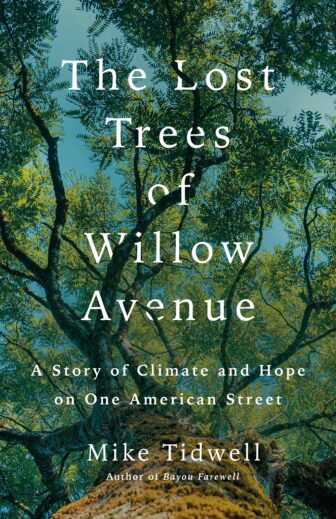 A: I’m humbled to be included in this list of environmental prophets. In her book Silent Spring, Rachel Carson warned in 1962 that America’s farms and cities were growing silent from songbirds being killed by the reckless use of DDT.
A: I’m humbled to be included in this list of environmental prophets. In her book Silent Spring, Rachel Carson warned in 1962 that America’s farms and cities were growing silent from songbirds being killed by the reckless use of DDT.
In The Lost Trees of Willow Avenue, I write that our landscapes are growing silent again, for a different reason. Many of our biggest trees are disappearing and the sound of wind blowing through those magnificent leaves is turning to silence.
Q: Given the current political situation, what do you think lies ahead when it comes to climate issues?
A: As I write in the book, there’s still much to be hopeful about. The clean energy revolution is unstoppable. Around the world, every day, human beings deploy a gigawatt of new solar power. That’s the equivalent of a giant nuclear plant of solar power every day. Donald Trump can’t stop that.
But there’s so much more to do, including removing carbon from the atmosphere by planting more trees and – surprisingly – burying many of our mature trees in the ground when they die from climate change. Burial can lock the trees’ accumulated carbon into the ground for up to a thousand years.
My colorful neighbor Dr. Ning Zeng, a climate scientist, specializes in this. He’s a fascinating “undertaker” character in the book as trees tragically fall around us.
Q: What are you working on now?
A: A PBS film crew is making a documentary based on the book and I’m working closely with them. I also have a 4,000-word adaption from the book coming out in Sierra magazine in September. But no other book project is on my desk just yet.
Q: Anything else we should know?
A: No one has written a book like The Lost Trees of Willow Avenue before. I hope prospective readers will understand that, even though it’s about one street, it’s full of drama, full of life and death and sorrow and dreams among people caught in the global drama of climate change.
Stories like this are happening on every street and on every farm in the world. My little block illuminates a staggering universal truth.
For more about The Lost Trees of Willow Avenue, here’s a 15-minute film companion to the book. And to learn more about my writing and activism visit my website www.mike-tidwell.com.
About the author: Deborah Kalb is a freelance writer and editor. She spent about two decades working as a journalist in Washington, D.C., for news organizations including Gannett News Service, Congressional Quarterly, U.S. News & World Report, and The Hill, mostly covering Congress and politics. Her book blog, Book Q&As with Deborah Kalb, which she started in 2012, features hundreds of interviews she has conducted with a wide variety of authors.
She is the author of the forthcoming novel Off to Join the Circus (Apprentice House, 2023), as well as three novels for kids, Thomas Jefferson and the Return of the Magic Hat (Schiffer, 2020), John Adams and the Magic Bobblehead (Schiffer, 2018), and George Washington and the Magic Hat (Schiffer, 2016)


